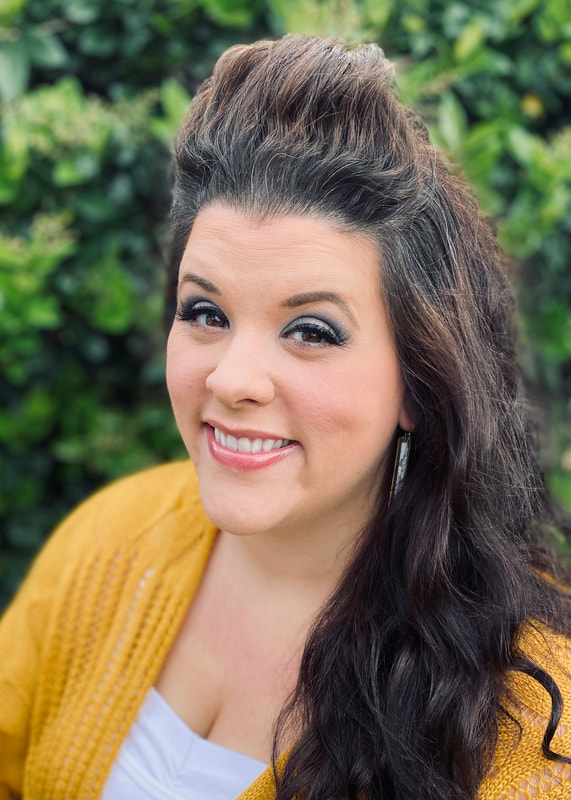|
As a teenager, I wasn't interested in school. School was a big, scary place full of people - which may not seem like much of a challenge at first. Unless you're an introvert. Then, it's sort of tortuous. In fact, I did pretty much everything I could to avoid homework (especially science), anything related to math (especially algebra), and tended to hangout in the library (where there were books, not people). There were only two things I wanted to do: read and code. I taught myself basic html when I was fourteen or fifteen, because I wanted to build a website. This was back when Geocities and Angelfire were the most accessible website builders available. You could use the template they provided, or toggle the html view to customize. I've always been a creative person, and despite my work avoidance in the school setting, I enjoyed a challenge. So, I looked up some html guides and started teaching myself how to code. For me, coding offered the same sort of refuge that a good book provides. And it's a skill that has stuck with me to this day. Because coding impacted my life, I wanted to give my students the opportunity to participate in the Hour of Code. Instead of limiting coding to just an hour, however, I decided to create a three week coding unit. Students watched TED Talks from outstanding kids (including Thomas Suarez, a 12 year old app developer), experimented with coding activities on www.code.org, engaged in close reading of articles, performed collaborative close viewing of video resources, and answered text dependent questions. Though some teachers may be reluctant to use core instructional minutes for something outside the norm, I found that students were energized and excited by their coding experience. They were eager not only to code, but also to research, plan, write, and share. Here are some of the resources we utilized during the course of the unit: Bringing an expert into the classroom to talk about coding as a career was an important aspect of our instructional plan. Fortunately, a good family friend is a computer programmer and was willing to conduct two Google Hangouts on Air so that both of our blocks of students could ask questions about coding. These Hangouts also provided a fantastic source for expert quotes, as our students conducted research to write an argument about coding and whether or not it should be taught in schools. In sixth grade, the Common Core State Standards make a huge leap from writing opinion pieces to writing more formal arguments with a thesis and evidence to support a claim. To help students learn argumentative structure, I created aGoogle Doc template to support the process of research, constructing a claim, and drafting. Digital storytelling is an important pillar of my classroom. To that end, I regularly give students the opportunity to create some sort of video-based synthesis as a capstone to their learning. This time, students create Public Service Announcements aimed at a specific audience to promote coding in schools. (Overwhelmingly, all of the student arguments were pro-coding, so a pro-coding PSA made sense.) Kids worked together to storyboard their concepts, pull evidence from their research, and record video clips to help tell the story of coding in the classroom. Here are two of their best efforts: After focusing on coding for three weeks, I expected students to be a bit burned out to the idea. However, I've been pleasantly surprised to find that students are still asking for time to code in class, and they are still sharing things they have made using code at home. As teachers, that's what we want most - transferable skills that students continue to develop even after class has dismissed.
0 Comments
Your comment will be posted after it is approved.
Leave a Reply. |
Author: Jessica PackCalifornia Teacher of the Year. CUE Outstanding Educator 2015. DIGICOM Learning Teacher Consultant. 6th Grade Teacher. Passionate about gamification, Minecraft, digital story-telling, and fostering student voices. Download:Archives
June 2020
Categories
All
|

 RSS Feed
RSS Feed